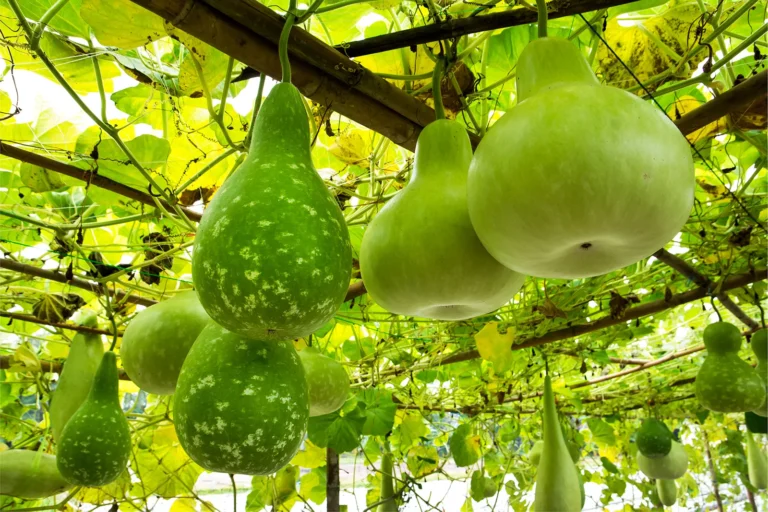Ackee, a tropical fruit native to West Africa but popular in the Caribbean, especially in Jamaica, offers a variety of health benefits. Known for its unique taste and texture, ackee has made its way into various traditional dishes, including the famous “ackee and saltfish” of Jamaica. However, beyond its culinary uses, ackee benefits health in multiple ways. Understanding the nutritional value and health effects of this fruit can help you incorporate it into a balanced diet.
What Is Ackee?
Ackee (Blighia sapida) is a pear-shaped fruit that grows on evergreen trees. When ripe, the outer skin of the fruit turns bright red, exposing the creamy yellow flesh inside. It is crucial to note that ackee must be consumed properly. The fruit is toxic when unripe, and only the yellow arils (fleshy parts surrounding the seeds) are safe to eat. The seeds and the under-ripe portions of the fruit contain hypoglycin, a toxin that can lead to vomiting and even more severe reactions if consumed.
Now that we understand what ackee is, let’s dive into the various ackee benefits that make it a worthy addition to a healthy diet.
Nutritional Profile of Ackee
Before we explore the specific health benefits of ackee, it’s important to understand its nutritional value. Ackee is rich in several essential nutrients, including:
- Vitamin C: Helps boost the immune system and promotes healthy skin.
- Vitamin A: Vital for eye health and maintaining a strong immune system.
- Fiber: Supports digestive health by promoting regular bowel movements.
- Protein: A plant-based source of protein, which is uncommon in fruits.
- Fat: Uniquely, ackee is rich in healthy fats, particularly monounsaturated fats.
- Potassium: Important for heart health and muscle function.
This nutrient-packed profile sets the stage for the many ackee benefits, which range from improving digestion to enhancing cardiovascular health.
Ackee Benefits for Heart Health
One of the most notable ackee benefits is its positive impact on heart health. This fruit is high in healthy fats, particularly monounsaturated fats, which are known to help reduce bad cholesterol (LDL) and increase good cholesterol (HDL). By maintaining balanced cholesterol levels, you can reduce your risk of developing heart disease, high blood pressure, and stroke.
Moreover, ackee is rich in potassium, a mineral that helps regulate blood pressure by balancing the effects of sodium in the body. Consuming adequate amounts of potassium is essential for keeping your heart functioning properly, and ackee provides a natural source of this important nutrient.
Supports Digestion
Ackee benefits digestive health thanks to its fiber content. Fiber is essential for maintaining regular bowel movements and preventing constipation. It adds bulk to the stool, making it easier for waste to pass through the digestive tract. For individuals dealing with digestive issues such as irritable bowel syndrome (IBS) or chronic constipation, incorporating fiber-rich foods like ackee into the diet can offer relief.
In addition to promoting regularity, the fiber in ackee helps to maintain a healthy balance of gut bacteria, which plays a crucial role in digestion and overall gut health.
Provides a Source of Protein
While fruits are generally not known for being high in protein, ackee stands out as an exception. Ackee contains a moderate amount of plant-based protein, making it a valuable addition to vegetarian and vegan diets. Protein is essential for muscle repair, enzyme production, and maintaining overall bodily functions.
For those looking to diversify their protein sources, especially in plant-based diets, ackee benefits the diet by providing this important macronutrient in an unexpected form.
Boosts Immune System
Ackee is a good source of vitamin C, which is a powerful antioxidant known for its immune-boosting properties. Vitamin C helps to stimulate the production of white blood cells, which are critical in defending the body against infections and illnesses. By incorporating ackee into your diet, you can support your immune system’s ability to fight off pathogens and stay healthy year-round.
In addition to vitamin C, ackee contains vitamin A, another nutrient that plays a key role in immune function. Vitamin A supports the mucous membranes in the respiratory system, which act as a first line of defense against bacteria and viruses.
Supports Eye Health
Vitamin A is not only important for the immune system but also for maintaining healthy vision. One of the lesser-known ackee benefits is its contribution to eye health. Vitamin A helps to prevent age-related macular degeneration, a leading cause of vision loss in older adults. It also aids in maintaining good night vision by supporting the health of the retina.
Incorporating ackee into your diet can help ensure that you get adequate amounts of vitamin A, which is essential for keeping your eyes healthy and preventing visual impairment as you age.
May Aid in Weight Management
Although ackee is high in healthy fats, it is relatively low in calories, making it a good choice for those looking to manage their weight. The combination of fiber and healthy fats in ackee can help you feel fuller for longer periods, reducing the likelihood of overeating or snacking between meals.
Healthy fats also support overall metabolism, which is crucial for maintaining a healthy weight. When consumed as part of a balanced diet, ackee can contribute to satiety and help in weight management.
Precautions and Safe Consumption
While there are many ackee benefits, it is important to note that improper preparation of the fruit can lead to serious health issues. Unripe ackee contains a toxin called hypoglycin A, which can cause vomiting, dizziness, and even hypoglycemia (dangerously low blood sugar levels). Only the ripe, yellow flesh of the ackee should be eaten, and it must be thoroughly cooked to ensure safety.
In Jamaica, ackee is often boiled and served with saltfish, but there are many ways to enjoy this nutritious fruit. It can be sautéed with vegetables, added to salads, or even used in vegan dishes as a substitute for eggs due to its soft, creamy texture.
Conclusion
The numerous ackee benefits make this fruit a nutritional powerhouse, especially when consumed safely and properly. From heart health and digestive support to immune boosting and eye health, ackee offers a variety of advantages that can enhance your overall well-being. Whether you’re looking to add more plant-based proteins to your diet or searching for natural ways to support your cardiovascular system, ackee can be a delicious and nutritious option.













